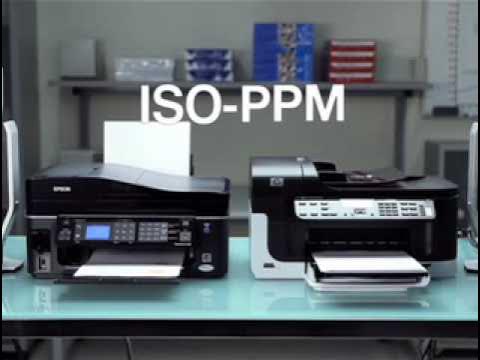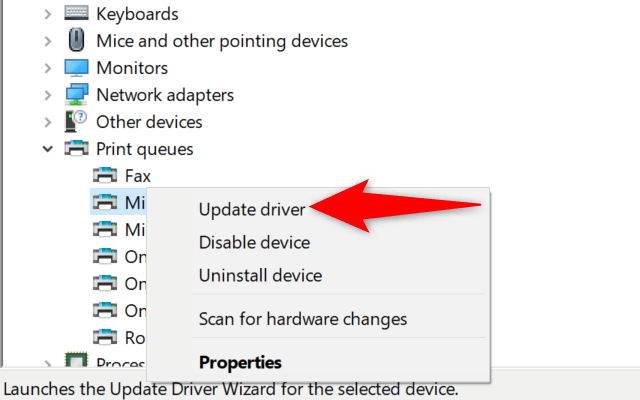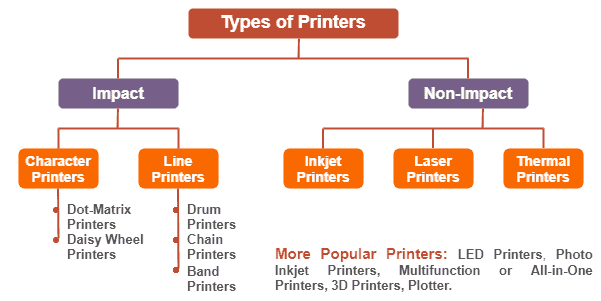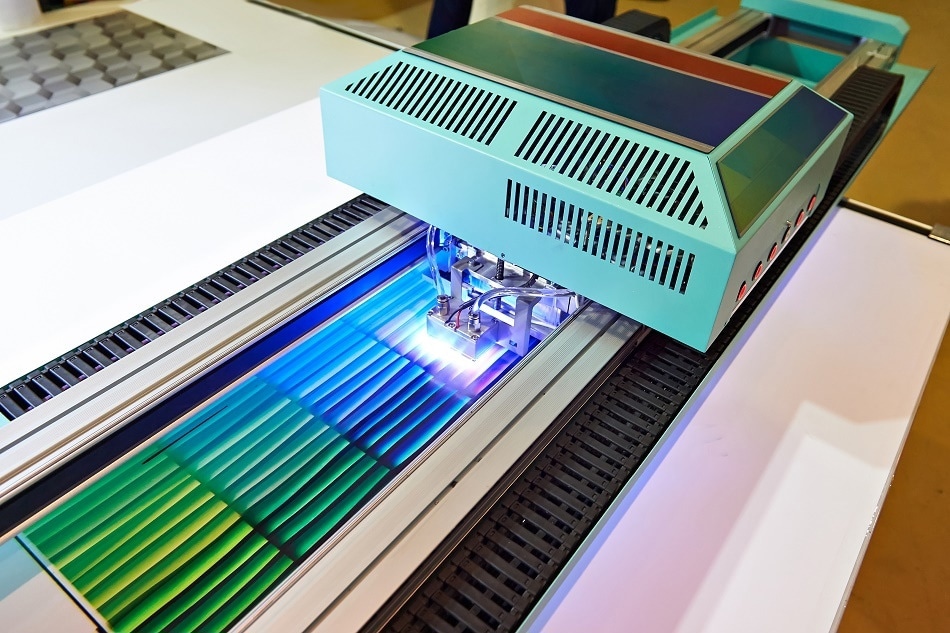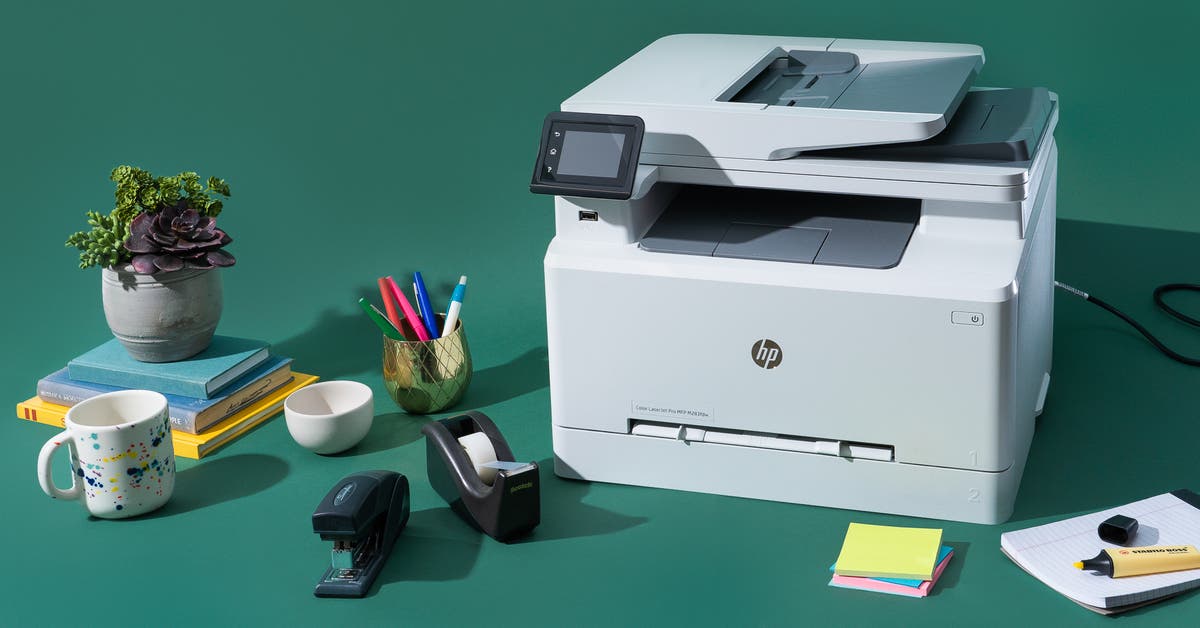Navigating Quickbooks Compatibility: Key Insights on Scanners
Introduction
Effectively managing your business finances requires having the right tools and resources at your disposal. QuickBooks has quickly become one of the most popular accounting software, known for its ability to simplify business transactions, but more importantly, for its compatibility with various devices. This includes scanners. In this article, we will guide you through scanner compatibility with QuickBooks, providing information on why compatibility matters, types of compatible scanners, and the best scanner models to use for optimal results. Additionally, we'll address a few frequently asked questions for those who intend integrating QuickBooks with a scanner.
Why Does Scanner Compatibility with QuickBooks Matter?
Utilizing scanner compatibility in QuickBooks isn't just a matter of preference— it has profound implications on your business operations. Here are some of the key reasons why scanner compatibility is crucial:
1. Elevated Efficiency: When your QuickBooks is paired with a compatible scanner, you can instantly scan receipts, invoices, and other financial documentation directly into the software. This eliminates the tedious process of manual data entry, significantly enhancing your operational efficiency.
2. Reduced Errors: Manual data entry is not only time-consuming but prone to human errors. Scanning documents directly into QuickBooks ensures greater accuracy of data, thereby reducing the chances for financial discrepancies.
3. Improved Team Collaboration: Scanned documents are easy to share with team members in QuickBooks. This feature promotes better cooperation among team members and ensures that everyone is on the same page.
4. Enhanced Data Organization: By digitizing your financial documents, QuickBooks allows you to organize your data more effectively. This can streamline your financial management, making it easier to track expenses and revenues.
These points underscore the significance of utilizing scanners compatible with QuickBooks. They offer more than just convenience; they are necessary tools to optimize your business operations.
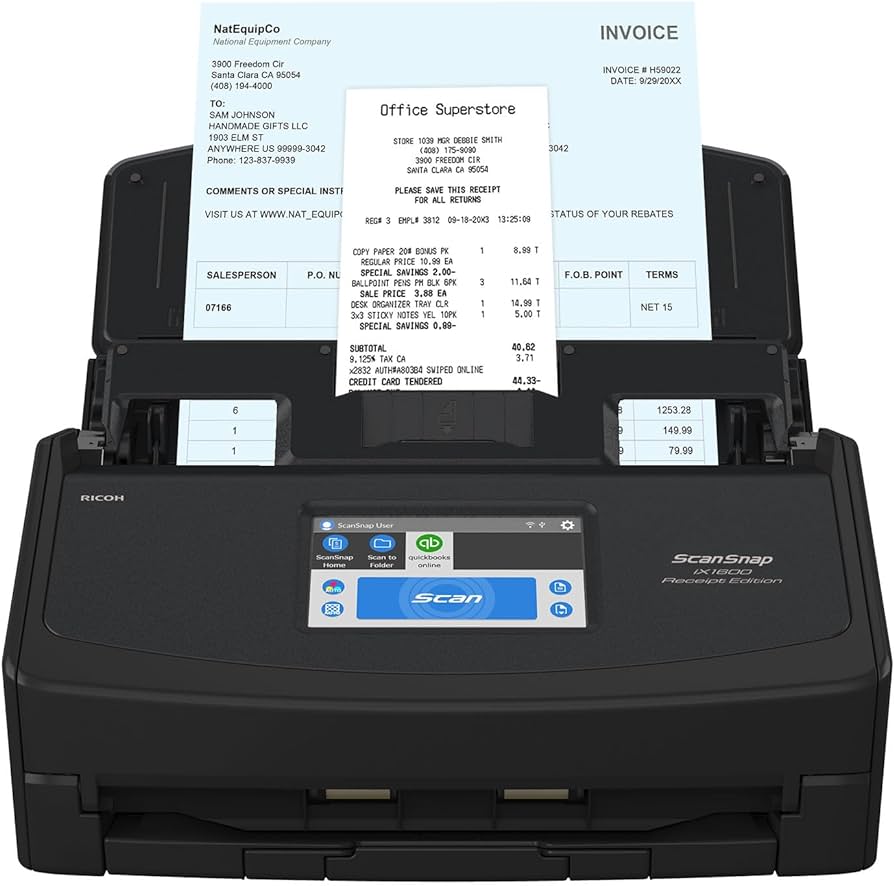
How Does QuickBooks Define Scanner Compatibility?
When it comes to integrating scanners with QuickBooks, compatibility is defined by the ability of the scanner to interface smoothly with the software. There are certain technological standards and capabilities that a scanner must possess to be compatible with QuickBooks. Here's a comprehensive breakdown:
1. Interface Standards
The primary interface standard recognized by QuickBooks is TWAIN, an acronym for Technology Without An Interesting Name. Apart from TWAIN, QuickBooks also recognizes scanners that interface with SANE (Scanner Access Now Easy) software.
TWAIN: It is a widely adopted standard that regulates communication between software applications and imaging devices such as scanners. Almost every scanner uses TWAIN as it allows high speed and high volume scanning with great image quality.
SANE: It is an alternate standard, often used in Unix-based systems. Although less common, some scanners use SANE due to its wider range of supported devices.
2. Functionality
Another key factor that defines compatibility with QuickBooks is the functionality of a scanner. QuickBooks recognizes scanners with Optical Character Recognition (OCR) capabilities. Here's why:
OCR Technology: OCR stands for Optical Character Recognition. It is a technology that enables the conversion of different types of documents, such as scanned paper documents, PDF files, or images captured by a digital camera, into editable and searchable data. For a business, this means receipts, invoices, or other paperwork can be scanned directly into QuickBooks, with the software able to read and understand the content. This helps eliminate manual data entry errors, thus ensuring data accuracy.
In conclusion, a scanner compatible with QuickBooks will support TWAIN or SANE as an interface standard and be equipped with OCR technology for effective data digitization. Selecting a scanner that meets these criteria will allow you to leverage the full potential of QuickBooks while enhancing the overall efficiency of your operations.
What Types of Scanners Are Compatible With QuickBooks?
The seamless functioning and eventual success of your business's financial management can significantly depend on harnessing the compatibility of QuickBooks with various scanner types. These scanners can vastly help in maintaining an organized database, consequently reducing errors, enhancing accuracy, and proving a boon for data organization requirements. Let's delve into the scanner types compatible with QuickBooks:
1. Flatbed Scanners:
Flatbed scanners deserve due recognition for their versatility. They offer excellent compatibility with QuickBooks, capable of scanning almost any kind and size of a document without potential damage.
- Pro: Highest image quality among all scanners
- Con: Comparatively slower speed
2. Document or Sheet-fed Scanners:
These scanners function by feeding documents through the scanning device, making them a must-have for businesses with sizeable paper documents. Their Optical Character Recognition (OCR) capabilities perfectly complement QuickBooks' document digitization.
- Pro: High speed and easy to use
- Con: Might not handle fragile or thick documents well
3. Portable or Mobile Scanners:
Portable scanners, as the name suggests, are compact, lightweight, and easy to transport. They are excellent for businesses that frequently require off-site scanning. Although their scan quality may not compare with flatbed or sheet-fed scanners, they are practically ideal when mobility is an essential factor.
- Pro: Ultra-portable with adequate quality
- Con: Not suitable for heavy-duty scanning
4. All-in-One or Multifunction Printers:
Typically combining print, scan, copy, and sometimes fax capabilities, All-in-One printers are an economical choice for small businesses. They save space and usually offer Wi-Fi connectivity, further enhancing their compatibility with QuickBooks.
- Pro: Multifunction with added convenience
- Con: Jack-of-all-trades but master of none
Please note that your specific business requirements and the volume of scanning should guide your final choice among these scanners. Yet, a key factor to bear in mind is compatibility because a QuickBooks-compatible scanner will enhance efficiency, promote seamless data sharing among your team, and enable easy referencing.
Which Scanner Models Offer Best Compatibility with QuickBooks?
Sorting out the myriad of scanner models available can be overwhelming, especially when aiming for seamless integration with software like QuickBooks. The evident features to consider would undoubtedly be compatibility, functionality, and affordability. However, certain models trump others when it comes to superior compatibility and efficient working with QuickBooks. Below are some noteworthy options:
1. Flatbed Scanners: Renowned for their versatility, Flatbed scanners efficiently scan a variety of documents regardless of size, thickness, or fragility without causing any damage. Noteworthy models in this category include the CanoScan LiDE220 and the Epson Perfection V39. These models:
- Offer high-quality scan output making them great for scanning critical business documents.
- Possess significant scan area allowing for scans of larger documents.
- Main drawback with flatbed scanners is their relatively larger physical footprint, which may require a suitable workspace.
2. Sheet-fed Scanners: Ideally suited for businesses with a considerable amount of paper documents, sheet-fed scanners can quickly feed documents through the scanner, significantly reducing scan time. The Fujitsu ScanSnap iX1500 and the Brother ADS-2700W are highly rated models in this class. They:
- Facilitate rapid scanning, increasing productivity.
- Although they lack the versatility of flatbed scanners, their small physical size allows for placement in limited workspaces.
- Have robust OCR capabilities making them suited to digitize documents effortlessly into QuickBooks.
- Although they're not recommended for scanning fragile papers or thick documents due to their feeding mechanism, they perform exceptionally well for bulk document digitization.
While several factors may dictate the choice of scanner, these models are assuredly compatible with QuickBooks and offer the user reliable performance. Keep in mind that the primary purpose of integrating your scanner with QuickBooks is to increase productivity, enhance data accuracy, and ultimately better manage your business finances. Therefore, selecting a scanner model that best satisfies your specific needs is critical.
Conclusion
Sheet-fed scanners function by feeding documents through the scanning device. They're quick and easy to use, especially for businesses with large amounts of paper documents to scan. Their OCR capabilities make them well-suited for digitizing documents for QuickBooks.
Related FAQs about what scanners are compatible with quickbooks
What factors should I consider when purchasing a scanner for QuickBooks?
When purchasing a scanner for QuickBooks, consider factors like compatibility, functionality, and affordability. Ensure it supports interface standards like TWAIN or SANE and is equipped with OCR technology. Also, consider the type of scanner (Flatbed, Sheet-fed, Duplex) that best suits your scan volume and document types.
Can I use a portable scanner with QuickBooks?
Yes, you can use a portable scanner with QuickBooks. However, it's important to verify that the scanner supports the required interface standards (TWAIN or SANE) and has OCR capabilities. While portable scanners offer convenience, their scan quality might be lower than stationary models.
How does scanning enhance the use of QuickBooks?
Scanning enhances the use of QuickBooks by automatically digitizing paper documents, thereby reducing manual data input. It results in increased productivity, improved data accuracy and efficient record organization. Using compatible scanners with QuickBooks also allows for easier sharing of documents among team members.


